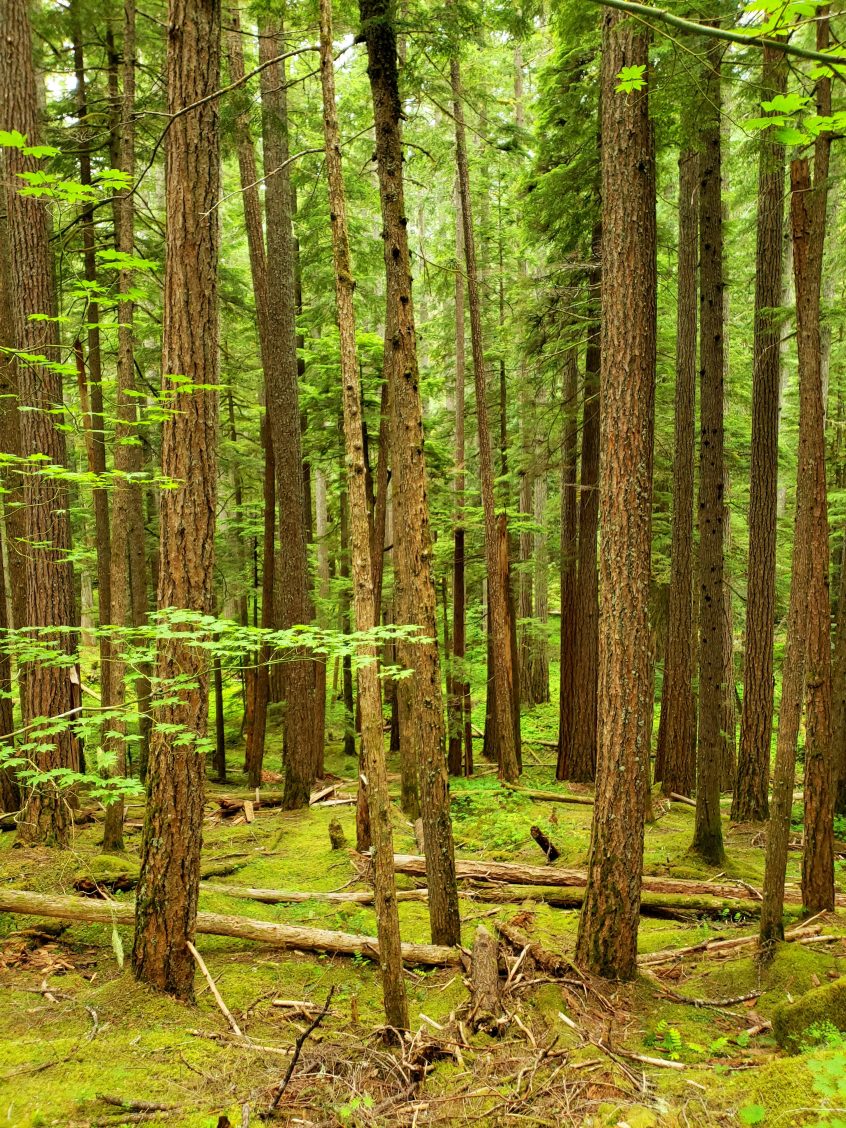Social distancing and stay-home orders won’t prevent the Washington State University Extension Forestry program from fulfilling its mission to educate and provide research-based information for small-forest landowners. WSU Extension Forestry has launched a series of online webinars and began offering the free classes in May. The one-hour sessions have been met with enthusiasm by both forestland owners and the general public.
The use of webinars is not necessarily new for the WSU Extension Forestry program, which began offering a few online classes in 2012, with public webinars beginning last year, said Brendan Whyte, an extension forester for WSU Extension Forestry. But the shutdown of non-essential activities in Washington state has necessitated that all community outreach efforts and classes be done remotely for the time being.
“We’ve been seeing a lot of Facebook activity and webinar use,” Whyte said. “So far, we’ve had between 130-250 people show up for each of the eight sessions we’ve hosted online on climate change, wildlife habitat and growing mushrooms on logs. That’s more people than in past in-person classes.”
Though the webinars do pose some technical challenges like high-speed internet access, the online classes have helped WSU Extension Forestry expand its reach, Whyte said. The webinars have made it so people can take part in the comfort of their own home and more forestland owners outside of the Puget Sound are now able to participate.
“There absolutely is concern about technical ability and digital access of landowners,” Whyte said. “A lot of private landowners tend to be older and there’s a learning curve to using Zoom, and that’s a legitimate concern for us. The flip side is we have fewer geographic restrictions, the online format really alleviates that.”
In addition to reaching small forestland owners in more remote areas of the state, the webinars also have brought a new audience outside of the forestry sector. The WSU Extension Forestry program primarily serves small-forest landowners and people associated with forestland management, but webinar organizers have discovered that the general public also is interested in learning about forest health.
“One of the biggest challenges that a lot of small-forest landowners face is the stigma of active land management,” said Whyte. “A lot of people don’t know that harvesting trees and active land management can help make forests more healthy, diverse and resilient. These webinars offer an opportunity to help increase knowledge a little more among the general populace of forest health issues and the benefits of active management. In the end, that benefits small-forest landowners.”
The webinars will be offered through July; pre-registration is required even though the online classes are free. You can learn more about the upcoming online forest stewardship classes or register for a webinar here.
